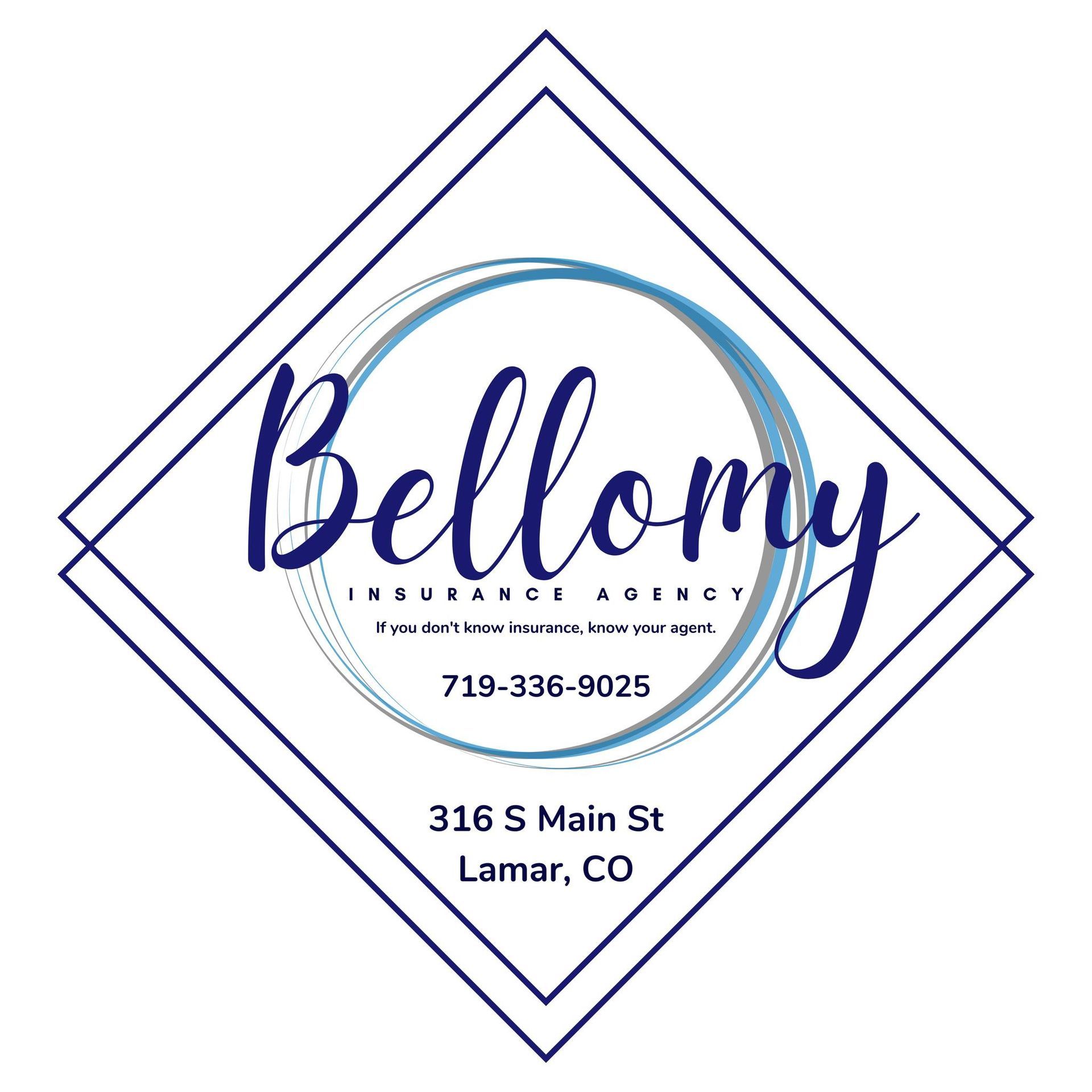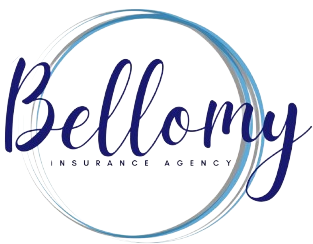Commercial Property Insurance: Navigating Neighboring Property Claims
Jul 16 2025 15:00
Commercial property insurance is a lifeline for businesses, shielding them from unexpected property damage and liability concerns. However, when it comes to incidents involving neighboring properties, determining insurance responsibility can become quite complex. Understanding how commercial insurance policies handle these situations is imperative for maintaining financial stability.
Who is responsible if a tree falls onto my commercial property?
If a tree falls onto your property due to a natural cause such as a storm or wind, your own commercial property insurance typically covers the damage. However, if the tree was diseased or improperly maintained, and your neighbor was aware of the risk, their liability insurance might be responsible. Proving negligence, however, is necessary in this scenario. Most policies do not cover tree removal unless there's structural damage.
What if my neighbor’s property causes flooding on mine?
Standard commercial property insurance generally excludes flood damage, even if it originates from a neighboring property. For flood protection, you would need a separate flood insurance policy. If the flooding is due to negligence, like ignored drainage maintenance, the neighbor's liability insurance could cover the damages, but demonstrating negligence can be challenging. Note that policies often cover sudden pipe breaks on the insured's property, but not damages due to neglect or freezing, unless sewer backup coverage is specifically added.
What happens if a fire from a neighboring property spreads to mine?
Damage from a fire spreading from a neighboring business is usually covered by your own commercial property insurance. In cases of negligence, such as fire code violations by the neighbor, their liability insurance might pick up some costs, but you must establish liability first.
Who pays for debris removal after a disaster?
If a neighbor's negligence is proven, their liability insurance could cover debris removal costs. Your policy will typically cover debris removal if it includes coverage for the damage event, though there may be caps on coverage amounts. Without relevant coverage, such as flood insurance, even debris removal might be excluded.
Will my insurance cover business losses if I have to shut down?
Business interruption insurance might cover income loss during closures due to fire or storm damage—provided your policy includes this coverage. It's important to note that flood-induced business interruptions aren't covered unless they result from another peril covered in your policy.
Understanding the intricacies of your commercial insurance can make a significant difference when dealing with neighboring property claims. Regularly review your policy, consider additional coverage options such as flood insurance and business interruption insurance, and consult with an insurance professional to ensure your business remains protected.

